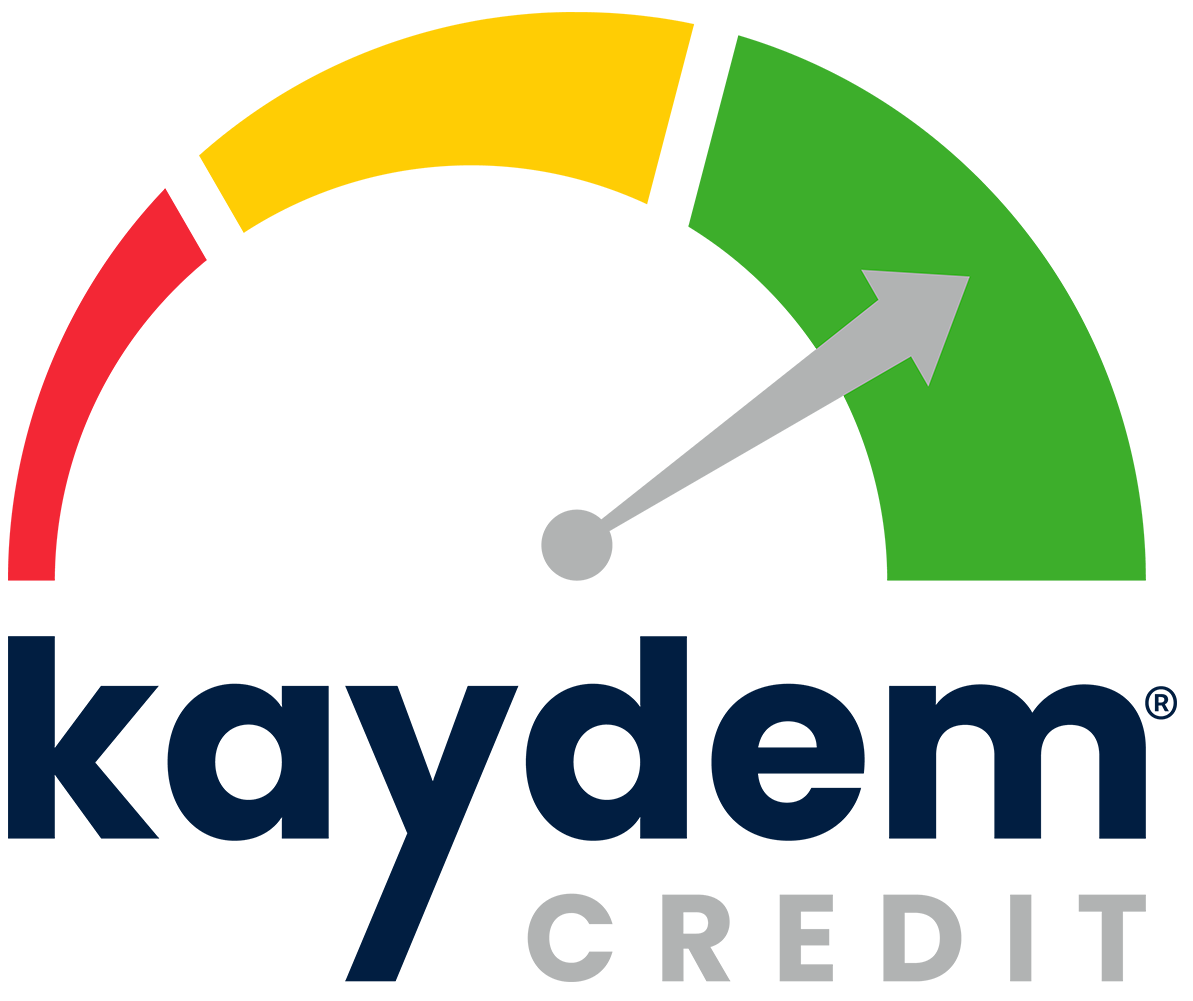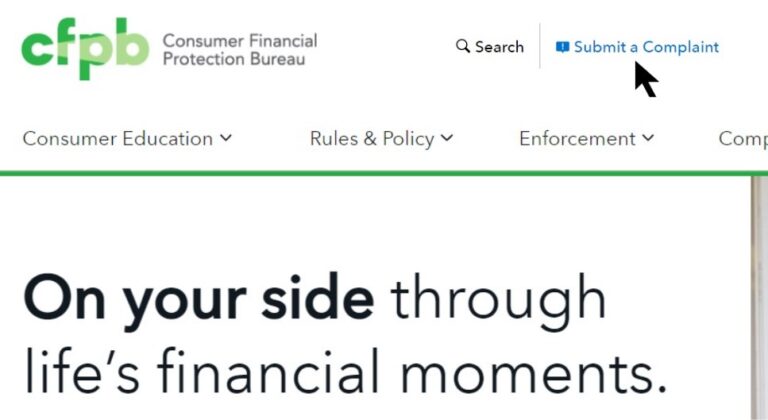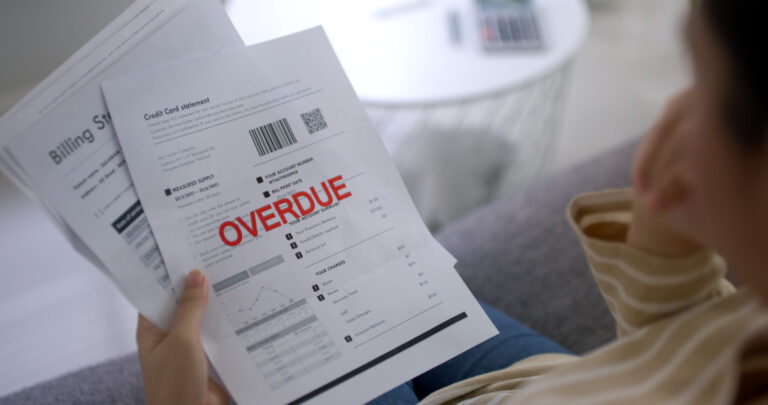In neighborhoods across the country, people are dreaming a little bigger this year. Someone’s trying to buy their first home. Another person is hoping to get approved for a car loan. Someone else just wants a credit card with decent rewards. But for many, all of these goals come down to one thing: understanding how to build their credit score.
In 2024, the average FICO® Score in the U.S. sits at 715. That number might seem fine at a glance, but it doesn’t tell the full story. Nearly 3 in 10 Americans aren’t checking their credit scores at all. And many don’t know how their score is calculated, what affects it, or how to change it. For those people, getting approved feels like a guessing game—one that often ends in rejection, high interest rates, or missed chances.
If you’re here because you want to take control of your credit, you’re in the right place. This article will break down what your credit score actually means, why it matters, and what you can do today to start improving it.
Key Takeaways
- Your credit score shows how well you manage money. It helps lenders decide if they can trust you.
- The best ways to improve your score are to pay your bills on time and keep your credit card balances low.
- You can build credit using tools like secured cards, credit-builder loans, or by becoming an authorized user.
- Fixing errors on your credit report and avoiding too many credit applications can give your score a boost.
- Building strong credit takes time, but starting now gives you more freedom and better options in the future.
What Is a Credit Score?
A credit score is a number that shows how well you manage borrowed money. It helps banks, lenders, and even landlords decide if they can trust you to repay what you owe. The score usually falls between 300 and 850. A higher score means fewer problems when applying for credit. A lower score can lead to rejections or high interest rates.
Even if you’re not borrowing now, building a strong credit score makes things easier when the time comes. It gives you more choices, better deals, and more control over your financial future.
How Is a Credit Score Calculated?
Your credit score is based on your past and current money habits. These are the five main parts that show how your credit score is calculated:
- Payment History – 35%
Paying bills on time matters the most. Missed or late payments lower your score, especially if the debt goes to collections.
- Amounts Owed – 30%
This looks at how much of your credit you’re using. When balances are high, your score can drop. Using less than 30% of your limit keeps your score healthier.
- Length of Credit History – 15%
Older accounts help your score. They show you’ve had credit for a long time and know how to manage it.
- Credit Mix – 10%
Using different types of credit, like a card and a loan, can help your score. It shows that you can handle more than one kind of payment.
- New Credit – 10%
Applying for new credit too often can lower your score. Spacing out your applications keeps your score more stable.
Common Reasons for a Low Credit Score
A low credit score usually means that something in your credit history needs attention. It doesn’t mean you’ve failed—it just means there are a few areas to clean up. Here are some of the most common reasons your score might be lower than you want:
- Late or missed payments
- High credit card balances
- Accounts in collections
- Too many credit applications
- Errors on your credit report
How to Fix Your Credit Score
Start by checking your credit report. Go through each report line by line. Make sure your name, address, and account details are correct. If you see anything that doesn’t look right like a payment you know you made or a loan you never took out, that’s a red flag.
Disputing errors is easier than it sounds. Most credit bureaus let you do it online. All you need to do is explain the mistake and share any documents you have. Once they review your claim, they’ll fix the report if it turns out you’re right. Correcting even one mistake can help your score bounce back.
Next, look at your credit card balances. If they’re high, try to bring them down slowly. You don’t need to pay everything off at once, but even a small drop in your balance can make a difference. Focus on the cards with the highest interest rates first. Paying more than the minimum when you can helps you chip away at what you owe faster.
If you’ve missed any payments, catch up as soon as you can. Getting back on track matters more than being perfect. From here on out, make sure every bill is paid on time. Setting up automatic payments or reminders on your phone can help you stay consistent.
Try not to apply for new credit unless you really need it. Each application creates a small dip in your score. Right now, your focus is on repairing, not adding more. If you’re already feeling overwhelmed, you don’t have to do it alone. We can help you with this at Kaydem Credit Help. We work with you to fix errors, clear up negative marks, and build a simple plan to move forward. Every step you take counts, and you’re already on your way.
How to Build and Improve Your Credit Score Over Time
Start by using your credit responsibly. If you have a credit card, try to use only a small part of your available limit—ideally, less than 30%. If you can, pay it off fully each month. This shows lenders that you can borrow money and pay it back without falling behind.
If you don’t have any credit yet or are trying to rebuild, a secured credit card or credit-builder loan can help. These tools are made for people who need to start from scratch. They work like regular credit accounts but are easier to get approved for and help you show a pattern of on-time payments.
Another option is to be added as an authorized user on someone else’s credit card. If the user has good credit and pays their bills on time, their history can help boost your own score. Just make sure the card company reports authorized users to the credit bureaus.
Rent payments, phone bills, and other monthly expenses can also help you build credit—if they’re reported. Some services let you add these payments to your credit file. It’s a simple way to get credit for the bills you’re already paying.
Let Us Help You Take Control of Your Credit
You don’t have to do this alone. Kaydem Credit Help supports individuals and business owners who want to correct their credit and unlock better financial opportunities. Whether you’re working toward a loan, planning to buy a home, or aiming for more peace of mind with your money, we’re here to help.
Our services start with an evaluation of your full credit report. Then we go to work removing outdated or incorrect items, like late payments, collections, charge-offs, or hard inquiries that shouldn’t be there. If your credit has taken a hit from past mistakes or life challenges, we help clean things up and get you back on track.
We also fix and update the personal details on your credit file. When everything is accurate, lenders are more likely to trust what they see. From there, we guide you on how to build stronger credit over time—lowering your debt, adding a positive history, and creating long-term results.
Contact us now to get started!
Frequently Asked Questions
What is the easiest way to build credit?
Start with a secured credit card or a credit-builder loan. Use it for small purchases and pay it off in full every month. This builds a positive payment history, which is the biggest part of your credit score.
How To get a 700 credit score in 6 months?
Pay all your bills on time, keep your credit card balances low, and avoid applying for new credit unless necessary. If you have debt, work on paying it down steadily. Fixing any errors on your credit report can also give your score a fast boost.
How do I build credit if I have none?
Begin with tools designed for beginners, like a secured card or a store card. You can also ask someone to add you as an authorized user on their credit card. Make sure you pay everything on time and keep your balances low.
How can I fix my bad credit?
First, check your credit report for any mistakes and dispute them. Then, start paying your bills on time and work on reducing what you owe. Avoid new debt while you focus on building a stronger history. You can also get help from a trusted credit repair service like Kaydem Credit Help.







